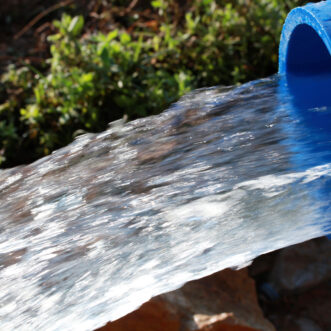
Owner/Client
Virgin Islands Paving, Inc.
Location
St. Croix, U.S. Virgin Islands
CEC Services
- Geotechnical Engineering
- Roadway Design
- Bridge Design
- Hydraulic Analysis
- Slope Stability/Retaining Structure Design
- Design/Build Services
Owner Objective
Virgin Islands Paving, Inc. specializes in highway, street, and bridge construction. They are the lead contractor for this design-build project administered by the Federal Highway Administration’s (FHWA) Office of Federal Lands. The client needs three bridges replaced that were damaged during hurricanes Irma and Maria in 2017. The project is utilizing Federal Emergency Management Agency Disaster Recovery Funding.
CEC Approach
CEC worked with the contractor to determine the most accessible and inexpensive material, equipment availability, and constructability of the structures. In addition, the structure type and span arrangement needed to meet the hydraulic requirements of each site. Each replacement was specially designed to meet the needs of the surrounding environment. The proposed Airport Road (Rt 64) Bridge replacement structure is a 50-foot single span arched top culvert supported on cast-in-place pedestal walls on deep pile foundations. The proposed Lagoon (Rt 7532) Bridge replacement structure over Altona Lagoon is a 53-foot single span pre-stressed Florida Slab Beam bridge supported on integral abutments with deep pile foundations. The proposed Midland (Rt 72) Bridge replacement structure is a 58.3-foot single span pre-stressed Florida Slab Beam bridge supported on semi-integral abutments with deep pile foundations.
The project is on the island of St. Croix in the U.S. Virgin Islands, creating many challenges. Our team had to work with the contractor to determine available material on the island or reasonable access to the material that can be shipped from the mainland. One of the bridges was adjacent to the ocean, providing additional concerns with excavations below sea level, corrosion considerations, and wave and tidal forces. In addition, CEC’s hydraulic analysis included modeling 2017 hurricane rain events to assess how it would impact the new structures.
The plans have been submitted for approval to the FHWA, and it is expected that the bridges will be constructed in 2023.






